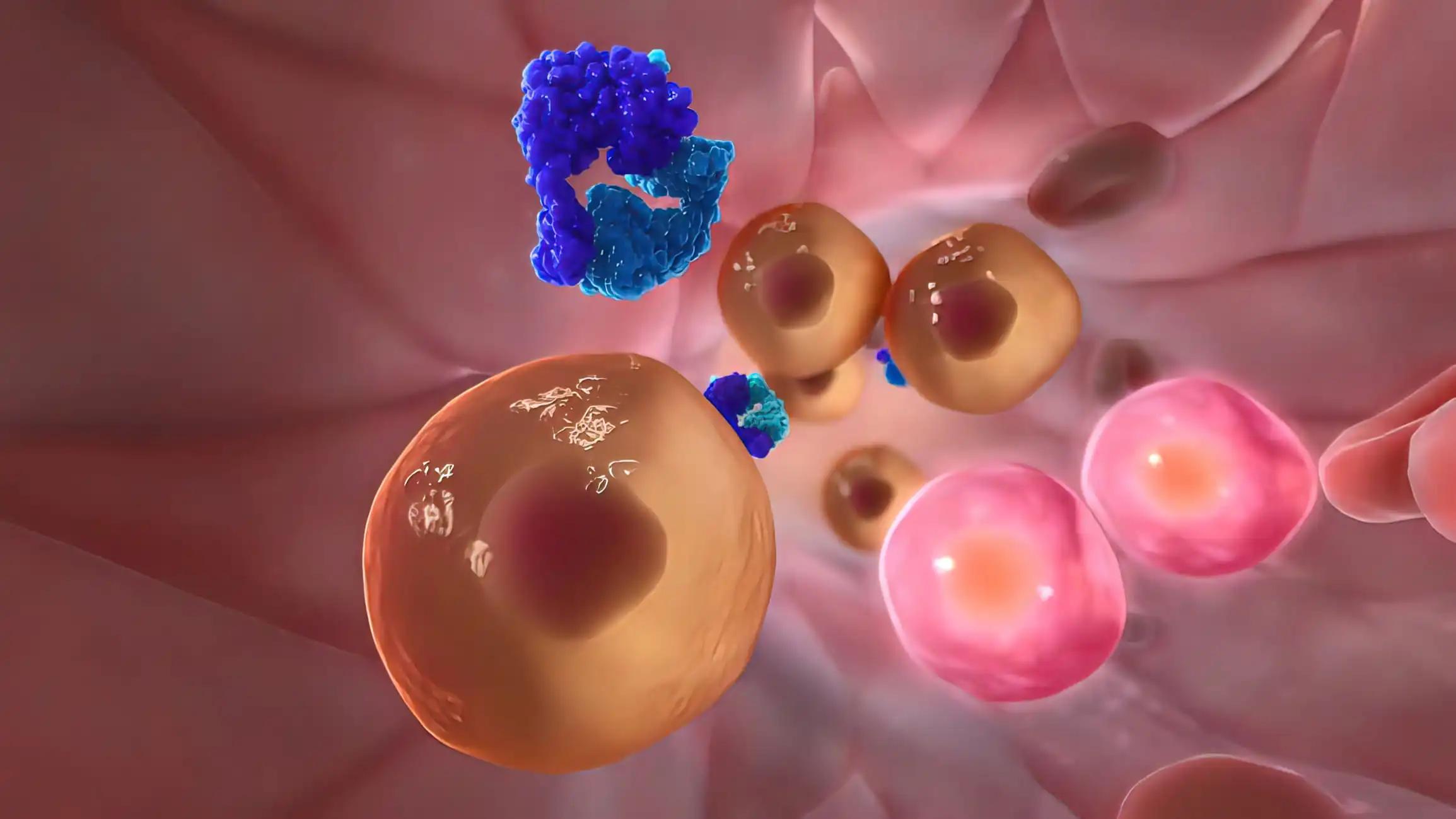KEY TAKEAWAYS
- The study aimed to examine how end-stage kidney disease (ESKD) affects treatment rates and mortality in Black men with prostate cancer.
- The study suggested that ESKD comorbidity increases vulnerability to racial disparities in prostate cancer treatment and mortality for Black men.
Black men and individuals with end-stage kidney disease have lower treatment rates and higher mortality for prostate cancer.
Nagaraju Sarabu and the team aimed to examine how end-stage kidney disease (ESKD) interacts with the Black race to affect treatment rates and mortality in men with prostate cancer.
About 516 Black and 551 White men with ESKD, along with 22,299 Black and 141,821 White men without ESKD, aged 40 years or older, were included in the Surveillance, Epidemiology, and End-Results-Medicare data (2004-2016).
All Black men, with or without ESKD, and White men with ESKD had higher prostate-specific antigen levels at diagnosis than White men without ESKD. Black men with ESKD had the lowest treatment rates in both local and advanced stages of prostate cancer (age-adjusted RR: 0.76, 95% CI: 0.71-0.82 for the local stage; age-adjusted RR 0.82, 95% CI: 0.76-0.9 for advanced stages) compared to White men without ESKD.
Prostate cancer-specific mortality was higher in White men with ESKD for both local and advanced stages (age-adjusted HR: 1.8, 95% CI: 1.2-2.8 and HR: 1.6, 95% CI: 1.2-2.2) compared to White men without ESKD, and it was higher for Black men with ESKD only in advanced stage prostate cancer (age-adjusted hazard ratio: 2.4, 95% CI: 1.5-3.6).
The findings suggested that having a comorbidity like ESKD makes Black men more vulnerable to racial disparities in prostate cancer treatment and mortality.
Funding was provided by the University Hospital of Cleveland Research Department.
Source: https://pubmed.ncbi.nlm.nih.gov/38770622/
Sarabu N, Dong W, Koroukian SM. (2024). “Disparities in treatment patterns and mortality in prostate cancer: Interaction between Black race and end-stage kidney disease.” Cancer Med. 2024 May;13(10):e7027. doi: 10.1002/cam4.7027. PMID: 38770622; PMCID: PMC11106677.



